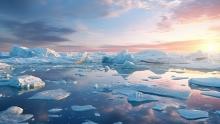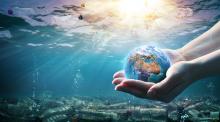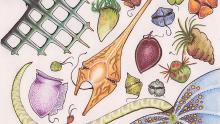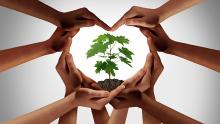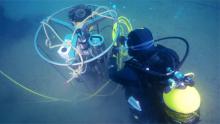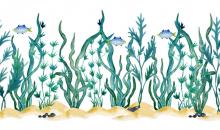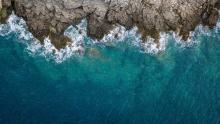
The EU-funded NATURE-FIRST project is transforming biodiversity protection from reactive damage control to predictive intervention. Using satellite and on-site data, environmental forensics, artificial intelligence-driven digital twins and real‑time monitoring, the project gives conservationists the tools needed to respond to biodiversity threats ahead of time.


